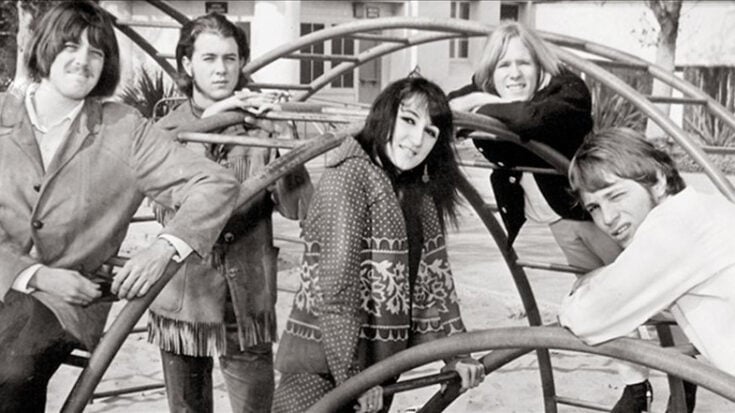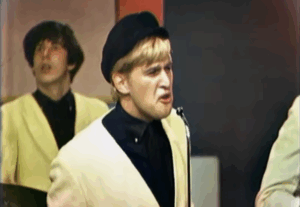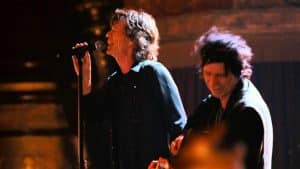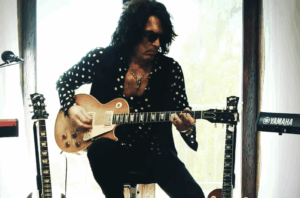Remember These 1967 One-Hit Wonders from the Summer of Love?

The summer of 1967 was unlike any other, a season where music seemed to vibrate with the spirit of youth, rebellion, and boundless possibility. Psychedelia was everywhere—from the swirling posters on city streets to the sounds pouring out of radios and record players. For a moment, it felt like the entire world was moving in technicolor, united by songs that defined the Summer of Love.
But as the era’s biggest names—The Beatles, Jimi Hendrix, The Doors—captured the spotlight, other artists briefly broke through with tracks that shimmered just as brightly, even if only for a short time. These one-hit wonders didn’t dominate entire discographies or careers, but they did manage to etch themselves into the memory of a generation.
More than fifty years later, those fleeting hits still carry the magic of 1967. They may not be tied to towering legacies, but they remain sonic postcards from a time when music was fearless, experimental, and brimming with cultural energy. These songs deserve another listen—not just as curiosities from the past, but as snapshots of a remarkable year in music history.
“Everlasting Love” by Robert Knight
When Robert Knight released “Everlasting Love” in July 1967, he probably didn’t expect the song to become such a defining track of the Summer of Love. Blending soul and pop with a smooth, heartfelt vocal delivery, the tune captured listeners immediately and rose to No. 13 on the Billboard Hot 100. For a debut single, it was a strong entrance onto the national stage.
Unfortunately, Knight’s follow-up releases couldn’t match the momentum. Two later singles barely scraped the Hot 100, both peaking at No. 97. While his U.S. chart presence faded quickly, the song itself refused to disappear. Its timeless melody and universal theme of longing for true love ensured its endurance far beyond its initial run.
Across the Atlantic, Knight found more appreciation in the U.K., where his music had a steady, if quieter, presence into the mid-1970s. Over time, “Everlasting Love” became a favorite for covers and reinterpretations, solidifying its place as one of the most enduring one-hit wonders of the era. Even if Knight never reclaimed the same spotlight, his debut gave him a permanent mark in pop music history.
“Next Plane To London” by The Rose Garden
By late 1967, folk rock was enjoying a surge in popularity, and The Rose Garden contributed one of the most memorable entries with “Next Plane To London.” Released in October of that year, the track offered a bittersweet narrative about chasing dreams, supported by jangly guitars and harmonies that perfectly matched the mood of the times. The song resonated with audiences enough to become a Top 20 hit, cementing the group’s place in the crowded musical landscape of the late 60s.
The song’s wistful charm has aged well, though it remains surprisingly under-covered by other artists. One of the most notable reinterpretations came much later, when They Might Be Giants included their version in the 1980s. This modern spin reminded listeners of how easily “Next Plane To London” could bridge generations of music fans.
Despite this early success, The Rose Garden’s story was short-lived. Their self-titled 1968 album showed promise, but the group disbanded not long after. Still, the brief spark of “Next Plane To London” remains a lasting memory for those who first heard it during the Summer of Love and a fascinating discovery for new listeners today.
“Incense And Peppermints” by Strawberry Alarm Clock
Few tracks embody the psychedelic explosion of 1967 quite like “Incense And Peppermints” by Strawberry Alarm Clock. With its swirling organ riffs, dreamy vocals, and unmistakable acid rock vibe, the song became an instant anthem for the counterculture. It soared to No. 1 on the Billboard Hot 100, making it one of the most recognizable singles from that summer.
Though the band managed a handful of other songs that reached the charts, none matched the runaway success of “Incense And Peppermints.” Their follow-up “Tomorrow” in 1968 gained modest traction, but the group never replicated the magic of their breakout hit. By 1971, the band had disbanded, leaving behind a legacy that seemed destined to be defined by a single shining moment.
What makes Strawberry Alarm Clock stand out among one-hit wonders is how much they encapsulated the spirit of their era. Their lone No. 1 hit remains a time capsule of California’s psychedelic scene, equal parts whimsical and surreal. Even today, the band continues to reunite and perform, keeping alive the memory of the kaleidoscopic summer that made them famous.














